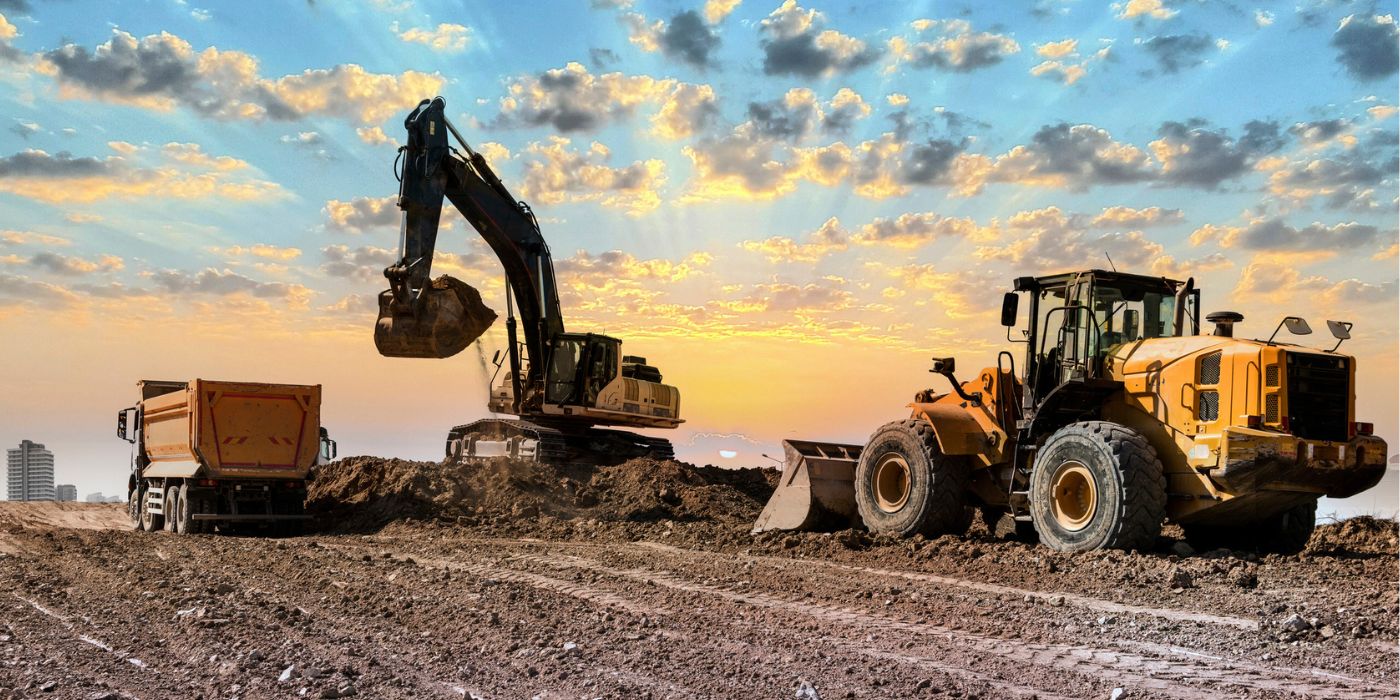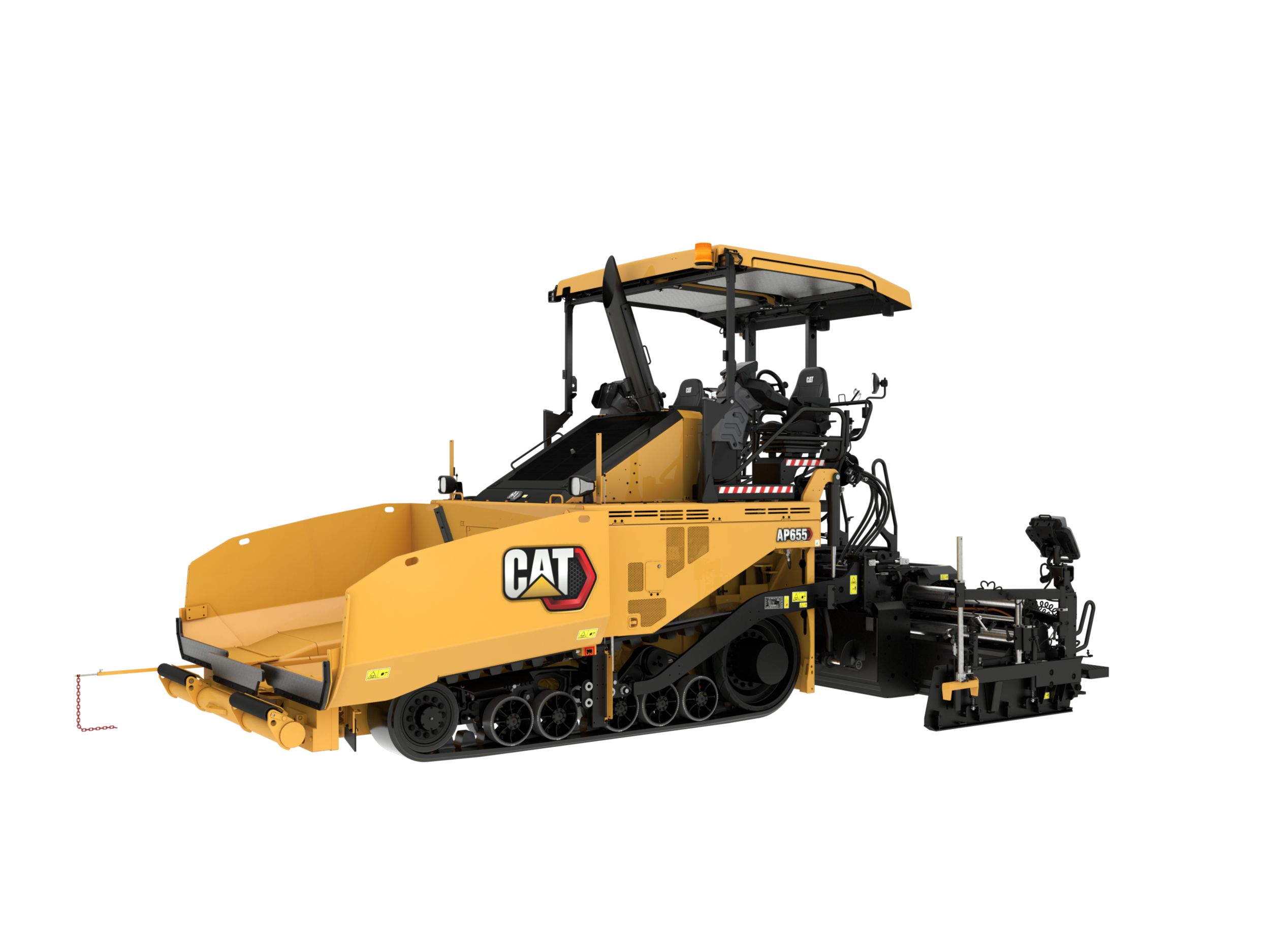Rental Company in Tuscaloosa, AL: Top-Quality Equipment for each Project
Rental Company in Tuscaloosa, AL: Top-Quality Equipment for each Project
Blog Article
Checking Out the Financial Perks of Renting Building Tools Contrasted to Owning It Long-Term
The decision in between renting and having building devices is crucial for monetary management in the market. Leasing deals instant expense financial savings and operational flexibility, enabling firms to assign resources extra effectively. On the other hand, ownership comes with substantial long-term financial dedications, including upkeep and devaluation. As service providers consider these choices, the influence on capital, job timelines, and modern technology accessibility becomes increasingly considerable. Recognizing these nuances is necessary, especially when considering how they align with specific task needs and financial approaches. What factors should be prioritized to ensure ideal decision-making in this complicated landscape?

Expense Comparison: Leasing Vs. Possessing
When assessing the monetary ramifications of leasing versus having building and construction devices, an extensive cost contrast is vital for making notified choices. The option between renting out and owning can significantly affect a firm's profits, and understanding the associated expenses is important.
Leasing construction equipment generally involves reduced upfront expenses, permitting services to allot funding to various other functional requirements. Rental costs can build up over time, possibly exceeding the expenditure of ownership if devices is needed for an extended period.
Alternatively, having building and construction tools requires a substantial preliminary financial investment, along with continuous costs such as insurance policy, devaluation, and funding. While possession can bring about lasting savings, it additionally locks up resources and may not offer the same degree of flexibility as leasing. Additionally, having tools requires a commitment to its application, which might not always straighten with job needs.
Ultimately, the choice to lease or own must be based on a comprehensive evaluation of certain project demands, financial capacity, and lasting critical goals.

Upkeep Expenditures and Responsibilities
The selection between renting out and owning construction tools not just involves economic factors to consider yet likewise incorporates continuous upkeep expenses and obligations. Owning devices calls for a significant dedication to its maintenance, which consists of regular examinations, fixings, and potential upgrades. These duties can rapidly collect, bring about unanticipated expenses that can stress a budget.
On the other hand, when leasing equipment, maintenance is generally the obligation of the rental business. This plan enables contractors to prevent the financial problem associated with wear and tear, in addition to the logistical difficulties of scheduling repair work. Rental contracts typically consist of provisions for maintenance, suggesting that professionals can concentrate on finishing jobs instead of stressing over devices condition.
Furthermore, the varied series of equipment offered for rent makes it possible for firms to select the current designs with innovative innovation, which can boost effectiveness and efficiency - scissor lift rental in Tuscaloosa, AL. By choosing services, companies can prevent the lasting obligation of devices depreciation and the associated maintenance frustrations. Inevitably, evaluating upkeep expenses and duties is critical for making a notified choice about whether to have or rent out building equipment, significantly influencing general task prices and functional performance

Depreciation Impact on Possession

A significant variable to consider in the choice to have construction devices is the impact of devaluation on general possession costs. Devaluation represents the decline in value of the tools in time, influenced by aspects such as usage, damage, and developments in modern technology. As devices ages, its market price reduces, which can dramatically influence the proprietor's economic setting when it comes time to crawler loader for sale trade the devices or market.
For construction business, this devaluation can equate to considerable losses if the equipment is not made use of to its maximum capacity or if it lapses. Owners should represent devaluation in their economic projections, which can cause higher overall expenses contrasted to renting out. Additionally, the tax obligation implications of devaluation can be intricate; while it may provide some tax obligation benefits, these are often offset by the reality of minimized resale worth.
Eventually, the problem of depreciation emphasizes the value of understanding the long-term financial dedication associated with owning construction equipment. Firms need to meticulously review how typically they will use the devices and the possible financial influence of depreciation to make an enlightened decision concerning possession versus renting out.
Monetary Adaptability of Leasing
Leasing construction devices provides considerable monetary adaptability, allowing business to allot sources extra successfully. This flexibility is specifically vital in an industry identified by changing project demands and varying work. By choosing to lease, companies can avoid the substantial capital expense required for buying tools, maintaining cash money circulation for other functional demands.
Furthermore, leasing devices enables business to tailor their devices options to certain job requirements without the lasting dedication connected with ownership. This indicates that services can quickly scale their devices supply up or down based on present and awaited job demands. As a result, this flexibility decreases the danger of over-investment in equipment that may become underutilized or outdated in time.
An additional monetary advantage of renting is the possibility for tax benefits. Rental payments are commonly taken into consideration operating costs, permitting prompt tax reductions, unlike depreciation on owned and operated devices, which is topped numerous years. scissor lift rental in Tuscaloosa, AL. This prompt expenditure recognition can additionally boost a firm's cash money placement
Long-Term Job Factors To Consider
When assessing the long-term needs of a building and construction company, the choice in between renting and possessing equipment comes to be a lot more complex. Trick factors to consider consist of project period, regularity of usage, and the nature of upcoming tasks. For jobs with extended timelines, acquiring tools may appear advantageous because of the capacity for lower general prices. However, if the equipment will not backhoe attachments for tractors be made use of constantly throughout projects, possessing may bring about underutilization and unnecessary expenditure on insurance, upkeep, and storage space.
The building industry is developing rapidly, with brand-new devices offering enhanced efficiency and security features. This adaptability is particularly helpful for businesses that deal with varied jobs calling for different kinds of tools.
In addition, economic stability plays a crucial duty. Having devices frequently entails significant capital financial investment and depreciation concerns, while renting enables more foreseeable budgeting and capital. Eventually, the option in between leasing and owning must be lined up with the strategic goals of the building and construction business, considering both current and awaited project needs.
Final Thought
To conclude, renting construction devices offers considerable economic benefits over lasting possession. The decreased upfront costs, elimination of maintenance duties, and evasion of devaluation add to enhanced capital and economic adaptability. scissor lift rental in Tuscaloosa, AL. Additionally, rental repayments work as instant tax reductions, better benefiting service providers. Ultimately, the decision to rent rather than own aligns with the dynamic nature of building projects, permitting adaptability and accessibility to the latest tools without the economic problems connected with possession.
As tools ages, its market worth decreases, which can significantly impact the owner's economic position when it comes time to trade the equipment or offer.
Renting building and construction equipment offers significant economic adaptability, enabling firms to allot resources much more effectively.In addition, leasing equipment makes it possible for firms to customize continue reading this their equipment options to certain task demands without the long-term dedication linked with possession.In verdict, leasing building and construction devices provides considerable economic advantages over long-lasting ownership. Inevitably, the choice to lease instead than very own aligns with the dynamic nature of building and construction projects, enabling for versatility and access to the newest tools without the monetary worries connected with ownership.
Report this page